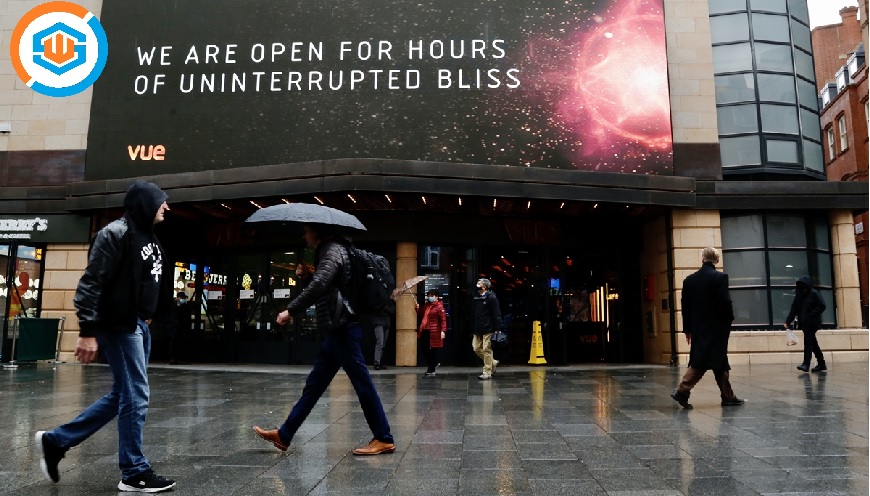
- 9 Jul
- 2021
UK pandemic hammered minorities, self-employed: report
The Institute for Fiscal Studies [IFS] think tank's annual report on living standards, poverty and inequality identified these groups as the hardest hit, even as unprecedented state support mitigated the worst effects of the crisis.
The research also shows that Britain's ethnic minorities were more likely to suffer worse health and economic outcomes during the pandemic and less likely to accept vaccines.
"How fast and to what extent these groups recover as the economy reopens will be a key determinant of the pandemic's legacy," said report's co-author Tom Wernham.
Some 15 percent of Britons from minority ethnic backgrounds were behind their household bills at the start of 2021, compared with 12 percent before the pandemic.
The proportion of adults of Pakistani and Bangladeshi origin living in households where all adults were unemployed or furloughed remained 10 percentage points higher at the beginning of 2021 than pre-pandemic levels, as many of these households relied on one income earner.
Household worklessness for black adults rose 2.4 percent, higher than the national average of 1.9, the report added.
The share of self-employed workers who lost all work in the first lockdown in March 2020 and fell behind household bills is now 15 percent, up from 2 percent before the pandemic.
Despite the government's flagship furlough scheme, which has paid millions of workers' wages since March 2020, 36 percent of self-employed workers were in fact ineligible from this scheme.
Researchers also found that more families suffering from in-work poverty fell behind on bills during Britain's first lockdown from March 2020.
One of the report's authors, Tom Waters, said the furlough scheme's success largely explained Britain's "surprisingly positive" deprivation and labor market statistics.
But he added that people's ability to return to their old jobs or find new ones would be the key factor for living standards as support was withdrawn.
The government initially paid 80 percent of employees' wages to prevent mass job losses but is to be phased out by the end of September.
Disclaimer:- As every caution has been taken to provide our readers with the most accurate information and honest analysis. Please check the pros and cons of the same before making any decision on the basis of the shared details.
Subscribe to our Newsletter from the main page & You will get all news in your Inbox.











